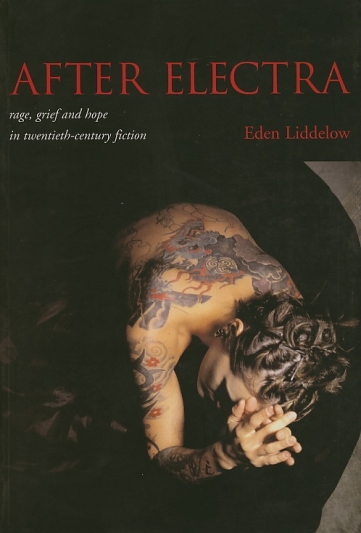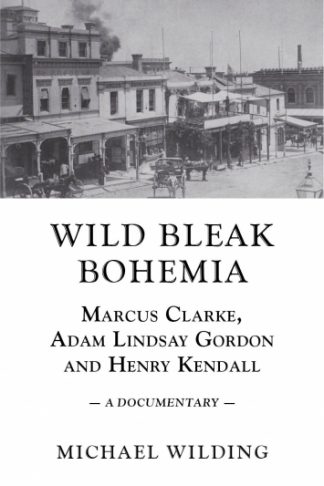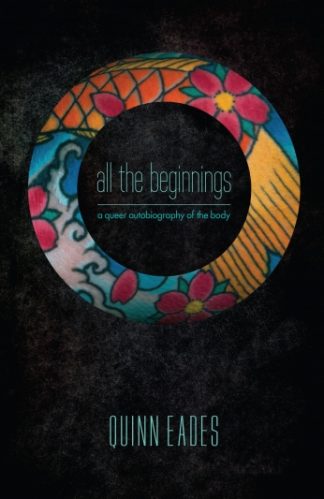Description
Electra was the daughter of King Agamemnon of Argos, who sacrificed his other daughter Iphigenia for a fair wind to the Trojan War. Upon his return ten years later, he was killed with his captive concubine Cassandra by his wife Clytemnestra and her lover, who then enslaved Electra, whose only hope lay in her exiled brother Orestes. The daughter suffered range and grief; but so, too, did the mother.
For the infant upon separation from the mother rage and grief are necessary stages on the way to autonomy. The ‘good breast’ is the love, warmth and sustenance the mother provides; the ‘bad breast’ their withdrawal. Depression arises from the fear of being left abandoned and alone. Mother and child project these feelings upon each other. The psychoanalytic work of Melanie Klein and Julia Kristeva shows that in some cases these states persist into adulthood – and into literature.
Marguerite Duras and Nadine Gordimer see in the struggle of a subject people for self-determination the journey of a self. For Eva Figes and Helen Garner the loss of childhood recalls a Fall which must be redeemed. In the world of Jean Rhys, Janet Frame and Ania Walwicz the collapse of the self revolutionises language. Elizabeth Jolley finds mythological power in the older woman. And Susan Sontag’s melancholy aesthetic starts from a view of the self as a ‘text which must be deciphered.’ The struggle is never without hope for these distinguished novelists.
Eden Liddelow worked in research at the Tavistock Institute of Human Relations in London before teaching literature, applied linguistics and creative writing at RMIT, the University of Melbourne and Deakin University. Her books include a novel, The Quarantine Station 1998 and a translation from the French of Charles Rojzman’s How To Live Together: a new way of dealing with racism and violence 1999.





Reviews
There are no reviews yet.